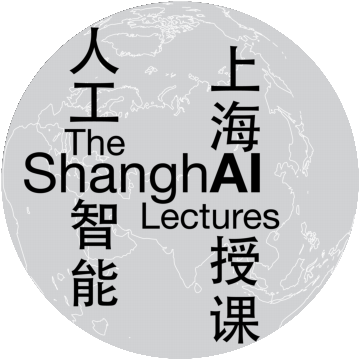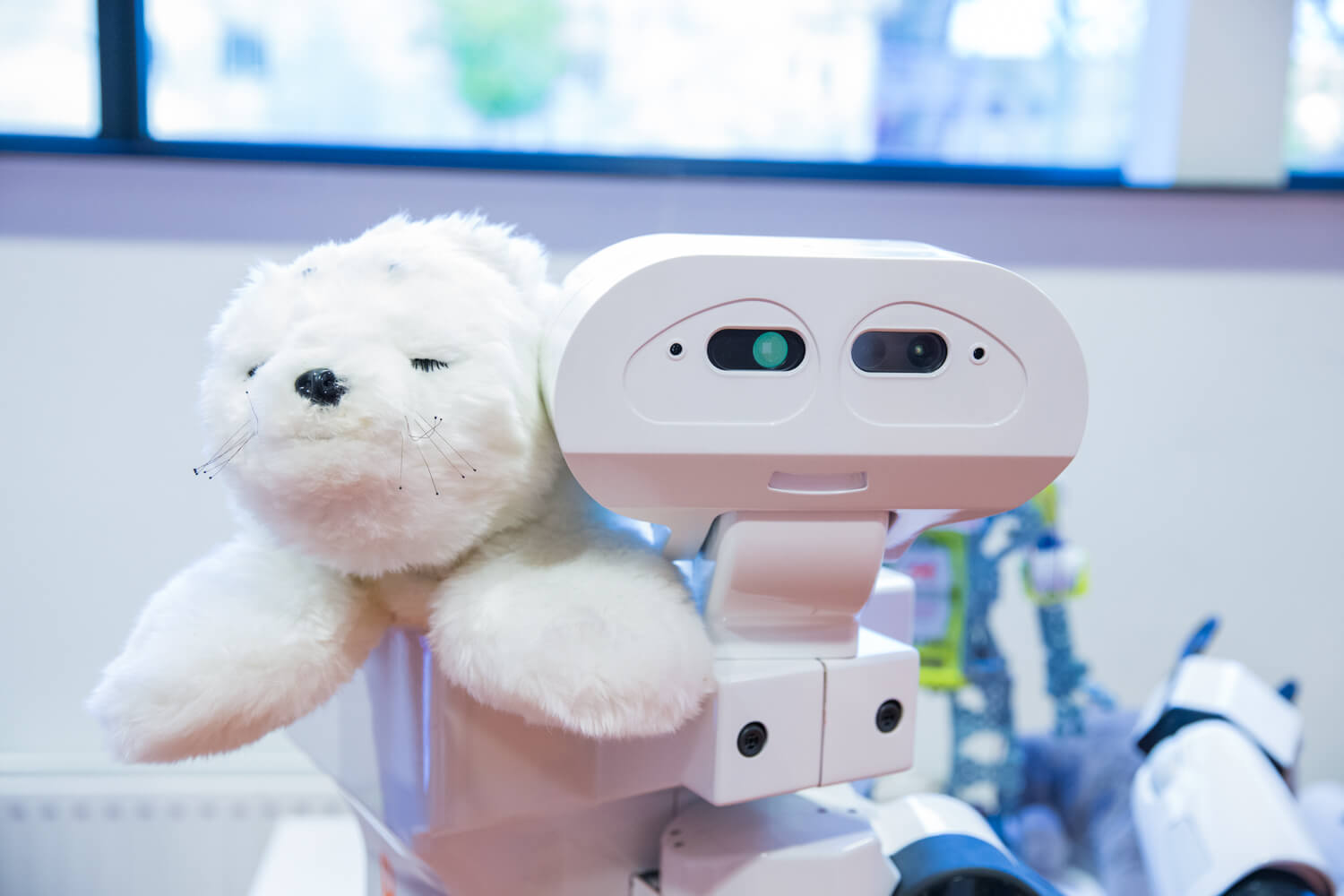
Robohub.org
What we talk about when we talk about robotics
“What We Talk About When We Talk About Love” is a collection of short stories by American writer Raymond Carver. In his collection, he doesn’t provide a direct definition of love but instead lets the perception of the nature of love form in the minds of the reader through narrating a series of short stories.
This idea of perception leads me to my point. In my previous post, I highlighted the widespread reproducibility issues still haunting robotics research. These issues need to be fixed if we want to talk about Robotics as a science. Like what the new journal Science Robotics aims to do. However there are still other issues to consider: what exactly is Robotics about? What does it mean when it’s said, ‘you will never be able to do that within the mechatronic paradigm? Is there a kind of ‘robotics thermodynamics’? What can be done? What can’t, for fundamental reasons, be done with a given approach/class of physical systems?
A real roboticist (even in academia) might be tempted to dismiss those question as typical intellectual speculations.
 There was a recent article in New Scientist about London’s Science Museum’s Robots called, who is really pulling the strings? If you focus solely on the perception of disappointment, after reading the article, you might be led to think, as I do, that we need a paradigm change. And you may understand the objectives and concerns of some not-so-mainstream communities in AI and Robotics, for example, those gathering around the ‘Shanghai Lectures’ (2016 edition here). Unfortunately, it’s easier said than done.
There was a recent article in New Scientist about London’s Science Museum’s Robots called, who is really pulling the strings? If you focus solely on the perception of disappointment, after reading the article, you might be led to think, as I do, that we need a paradigm change. And you may understand the objectives and concerns of some not-so-mainstream communities in AI and Robotics, for example, those gathering around the ‘Shanghai Lectures’ (2016 edition here). Unfortunately, it’s easier said than done.
I will come back on this again. Stay tuned!
If you enjoyed this article, you may also want to read:
- The new AI and robotics: Lecture by Fabio Bonsignorio
- ShanghAI Lectures: Fabio Bonsignorio “Embodied Finance: Embodying Disruptive Innovation in Embodied Cognitive Systems”
- ShanghAI Lectures: Inman Harvey “Metaphorical homunculi: we don’t really have little men inside our heads”
- ShanghAI Lectures: Kevin Warwick “AI with biological brains”






